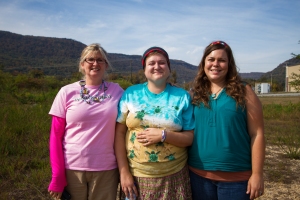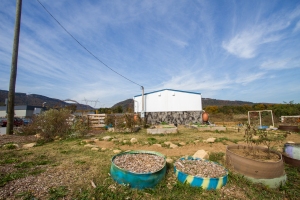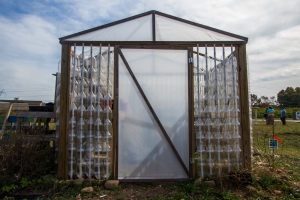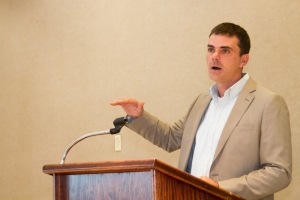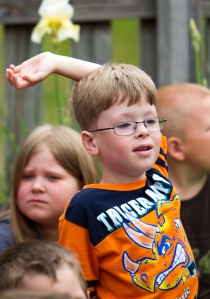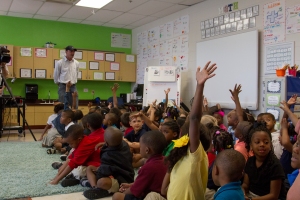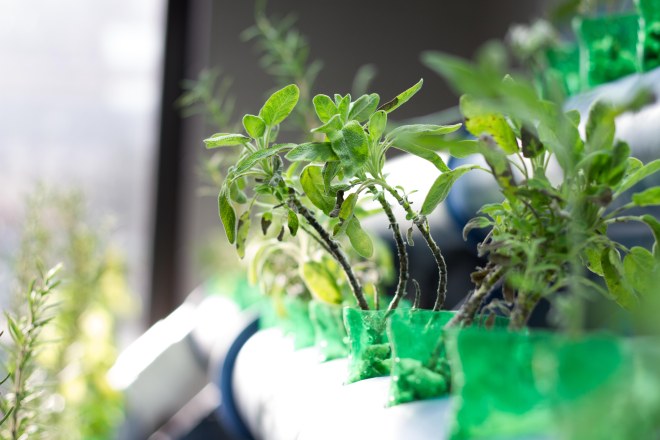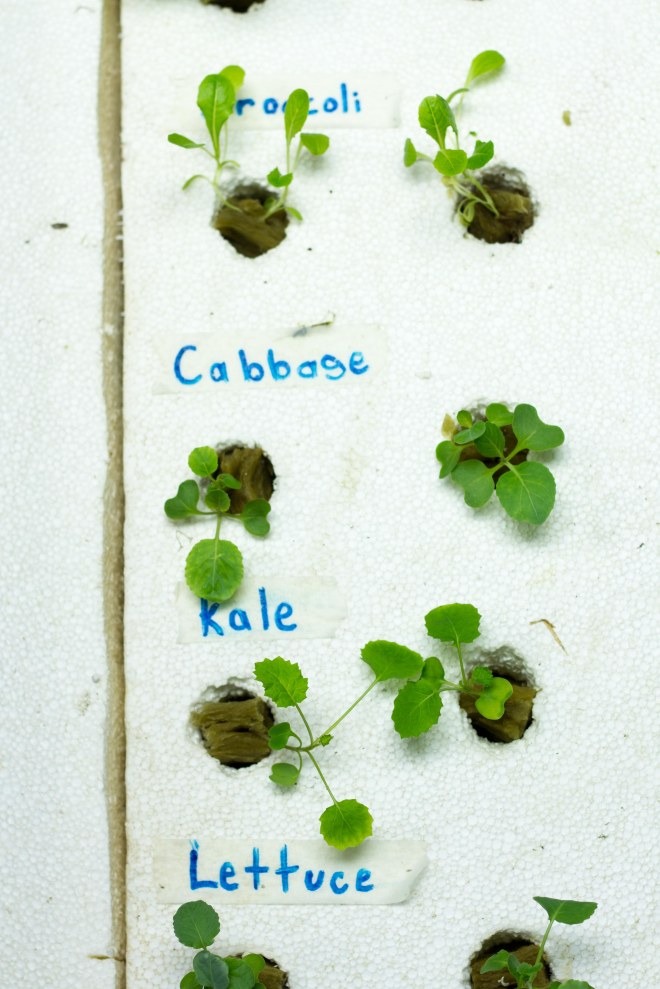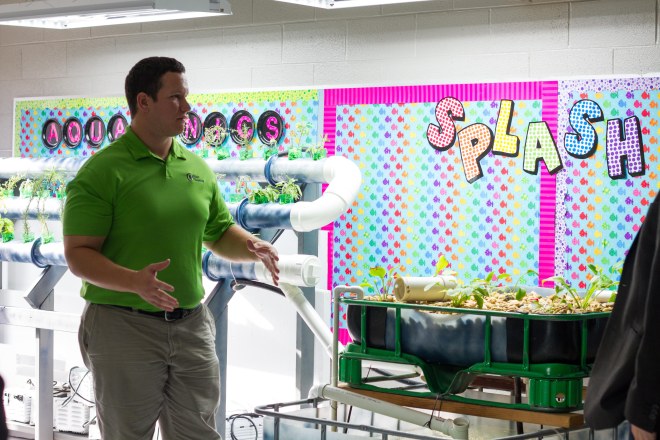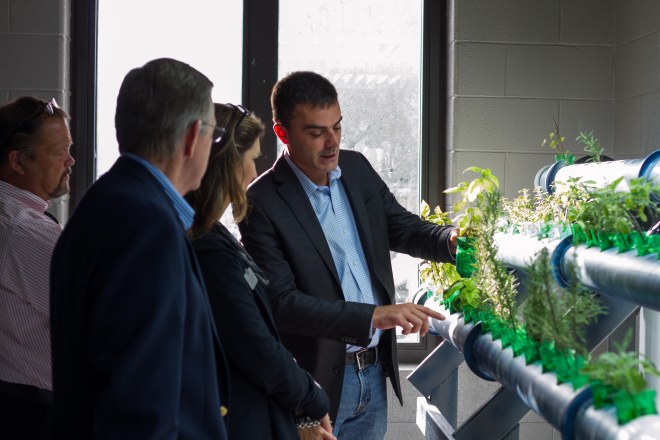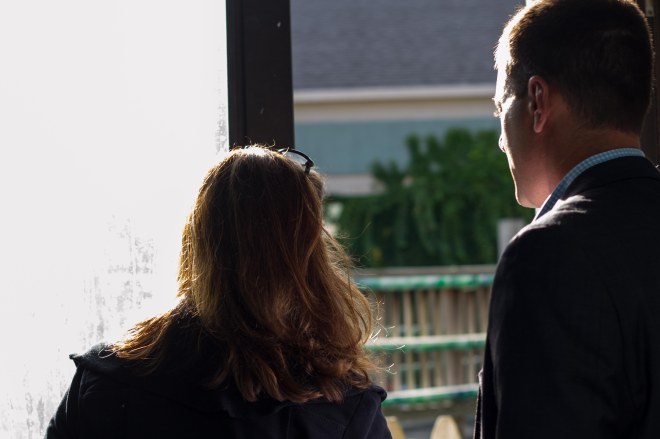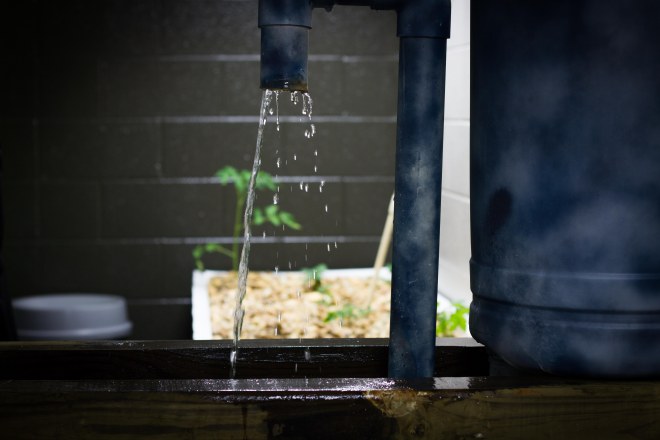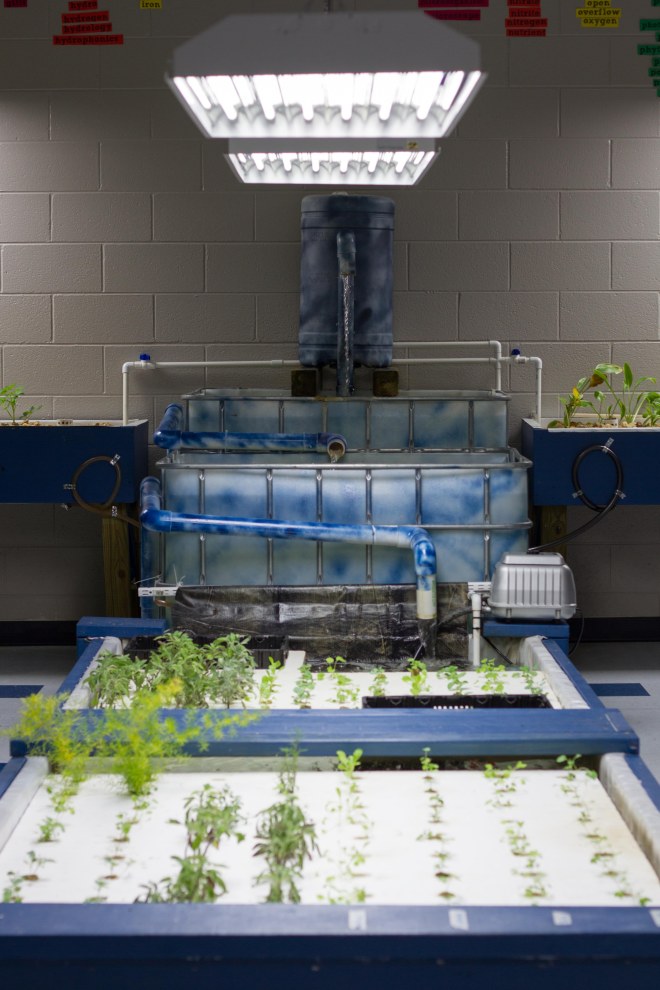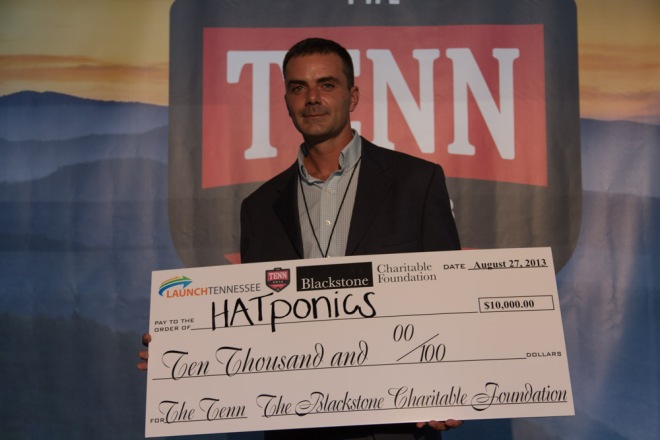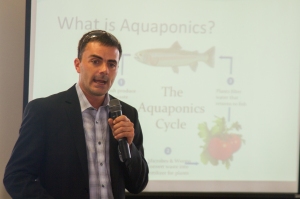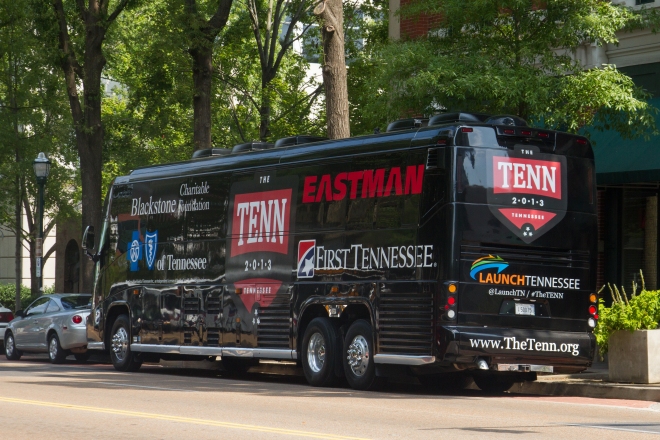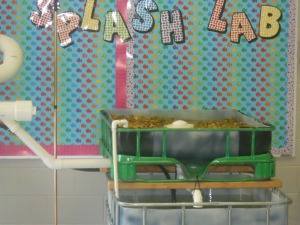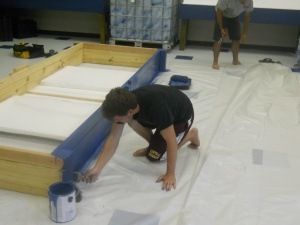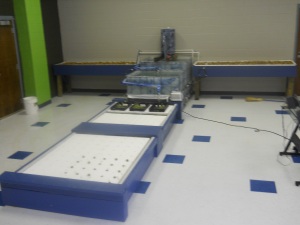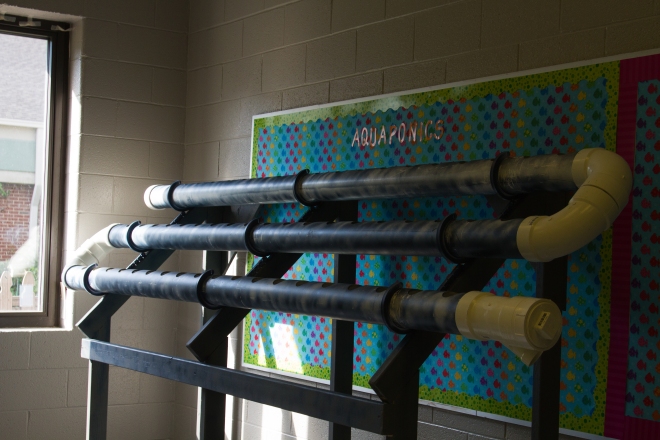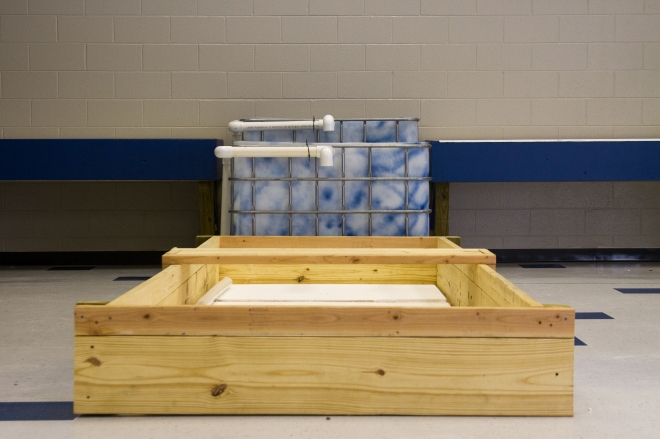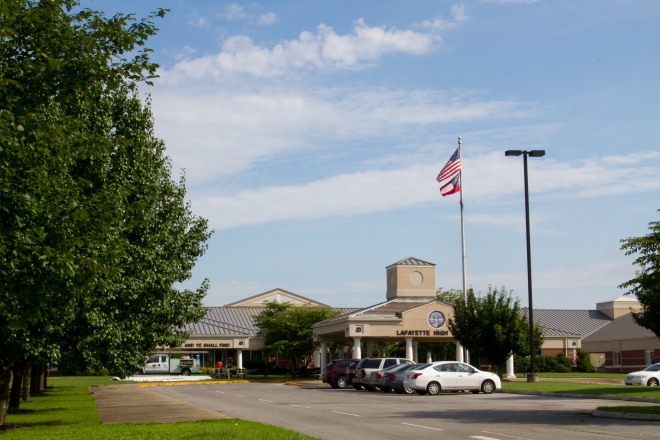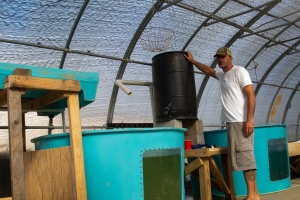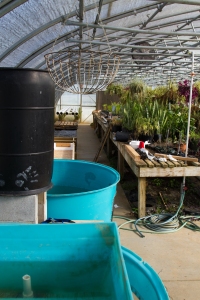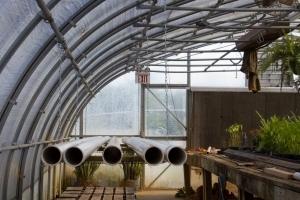Inner-City Aquaponics Named a STEM Education Awards Finalist
Technology Association of Georgia Recognizes Award Finalists focused on Science, Technology, Engineering and Math Education
ATLANTA (August 30, 2013) – The Technology Association of Georgia (TAG), the state’s leading association dedicated to the promotion and economic advancement of Georgia’s technology industry, today announced that Inner-City Aquaponics has been named as a Finalist in the category of Corporate Outreach for the 2013 Georgia STEM Education Awards.
The Georgia STEM Education Awards recognizes schools, programs, and companies for outstanding efforts and achievements in supporting and promoting STEM (Science, Technology, Engineering and Math) Education in Georgia.
Inner-City Aquaponics is dedicated to increasing awareness and education about sustainable agriculture and green growing practices through aquaponics. Inner-City Aquaponics, based in Rossville, GA, is responsible for the installation of a number of aquaponics-based farming systems, laboratories and greenhouses in schools around the State.
Inner-City Aquaponics was named a finalist during a special press conference telecast presented by TAG in collaboration with Georgia Public Broadcasting (GPB) and the STEM Education Awards broadcast sponsors, Cisco Systems Inc. and the US Department of Commerce- Economic Development Association.
“It was truly a challenge for our judges to select the 2013 finalists from among more than 170 applicants from around Georgia,” said Michael Robertson, Executive Director of TAG Education Collaborative. “We must continue building a wave of activities that will prepare our students for the global workforce they will inherit, and we hope recognizing these organizations and their programs will raise awareness on the importance of STEM education for our state’s economic future.”
This year’s Finalists were chosen in 8 different categories:
- Elementary School
- Middle School
- High School
- Post Secondary Outreach
- Extracurricular Program
- Best Use of Technology in Classroom or Program
- Corporate Outreach
- Best STEM Day Activity
Winners in each category will be officially honored at The 2nd Annual Georgia STEM Education Awards event held on September 27th at the Savannah International Trade and Convention Center in Savannah, Georgia. The event is presented by TAG, the TAG Education Collaborative (TAG-Ed), a non-profit 501c3 dedicated to advancing STEM education in Georgia, and TAG Savannah.
“Recent Studies show that Georgia will need to fill approximately 211,000 STEM-related jobs by 2018,” said Tino Mantella, president & CEO of TAG. “The 2013 Georgia STEM Education Awards finalists are helping to prepare the tech-ready workforce to fill these jobs and we applaud them for standing out as leaders in Georgia’s educational community.”
For more information about TAG and the 2nd Annual Georgia STEM Education Awards or to attend the event, visit bit.ly/STEMreg13 .
About Inner-City Aquaponics
Inner-City Aquaponics is a non-profit organization founded in 2012 by Ryan Cox dedicated to the advancement of sustainable agriculture education and technology. Aquaponics is a sustainable farming method combining aquaculture and hydroponics which creates a symbiotic relationship between plants and fish that enables the grower to produce proteins and produce using 10% of the water used for traditional farming techniques. Inner-City Aquaponics has brought aquaponics education to several counties in Georgia, preparing students of all ages for futures in farming and environmental sciences; and most importantly, an awareness of where food comes from and how to produce it in the most space efficient, environmentally friendly ways possible.
About TAG Education Collaborative
TAG Education Collaborative is dedicated to developing science, technology, engineering and math initiatives in Georgia. Through partnerships with statewide STEM programs, TAG-Ed fosters student interest in STEM in order to increase appreciation for the opportunities available through technology careers. TAG-Ed hosts an internship program for high school students, two web-based team challenges for students interested in Health IT and web design, and the Vine Event, an annual fundraiser benefiting STEM education. For additional information, visit TAG Education Collaborative or contact Michael Robertson at (404) 920 – 2038 or mrobertson@tagonline.org.
About The Technology Association of Georgia (TAG)
The Technology Association of Georgia (TAG) is the leading technology industry association in the state, serving more than 21,500 members and hosting over 200 events each year via 5 chapters across the state including Metro Atlanta, Athens, Augusts, Columbus, Macon/Middle Georgia and Savannah . TAG serves as an umbrella organization for 33 industry societies, each of which provides rich content for TAG constituents. TAG’s mission is to educate, promote, influence and unite Georgia’s technology community to foster an innovative and connected marketplace that stimulates and enhances a tech-based economy. The association provides members with access to networking and educational programs; recognizes and promotes Georgia’s technology leaders and companies; and advocates for legislative action that enhances the state’s economic climate for technology. For more information visit the TAG website at www.tagonline.org or TAG’s community website at www.TAGthink.com.
###
